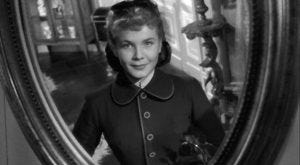Olivia | Cinema Year One
In Olivia (1951, dir. Jacqueline Audry), we find our teenage heroine (Marie-Claire Olivia) in a French boarding school in the 1890s. The English Olivia, used to strict governesses and regimented school days, is welcomed with open arms by her classmates and enjoys new-found freedoms, such as being allowed to roam the grounds…
Keep reading with a 7-day free trial
Subscribe to Cinema Year Zero to keep reading this post and get 7 days of free access to the full post archives.





